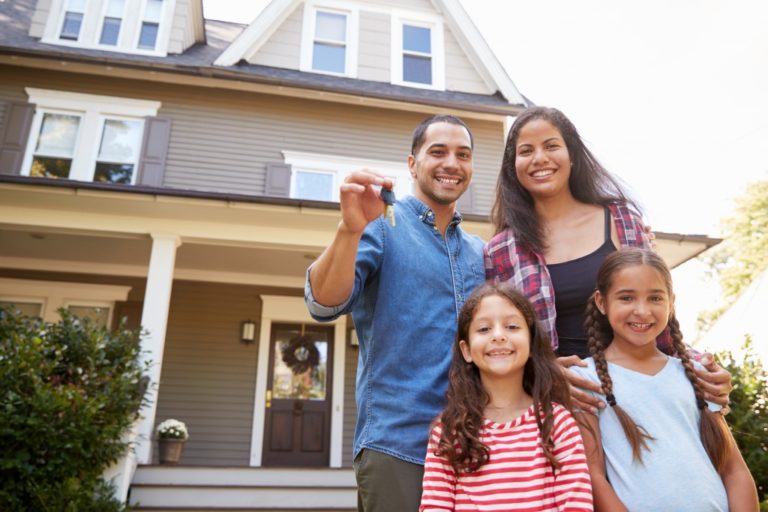We take a lot of factors in before deciding to settle down in a house. For starters, we want to make sure that the place serves our needs. For example, if we’re a growing family, we want a bigger house for more living space and storage. On the other hand, bachelors and bachelorettes will probably prefer smaller homes because it’s easier to maintain.
We also look at our lifestyle before we choose the house. For example, if we’re working, we want to find a closer home to the office. At the very least, we want to live somewhere accessible and perhaps close to the terminal for a convenient commute.
Among the factors, we have to look into the location. The reason is that the area dramatically affects the value of real estate properties. For example, houses in the city have higher price rates compared to those in the suburbs. One of the decisive factors that affect the price is demand. There are naturally higher demands for living spaces in the city, but there isn’t enough land to supply the market. Learn why location affects a good house and land property.
Community
One of the things that make a location suitable is a healthy community. Community is important because you want to surround yourself with kind and respectable people. Many signs can tell you the house is in a good neighbourhood.
For starters, observe the quality of neighbours. Good neighbours are friendly and organised people. They don’t make a lot of commotion and noise out of respect for others. They also clean their yard.
A good community is characterised by harmony and collaboration. It would be good if there were a neighbourhood association, especially when it’s active. So research and observe whether they have a neighbourhood watch or regularly come together to contribute to civic duties.
It’s great to join a community—something bigger than you, and a healthy community will let you feel just that. You can cultivate relationships, gain contacts in various industries, and make a difference. For example, you can help with donation and clean-up drives. That way, not only do you make friends, but you also make a difference. A good community helps build a good location.
Low Crime Rate and No Violence
A good neighbourhood is a safe one. You wouldn’t want to live somewhere. You always have to be wary and keep your guard up. Otherwise, you wouldn’t be able to live in peace, and eventually, you’ll get stressed and anxious about the state of things. That’s why you have to research the crime rate of the area.
Safe neighbourhoods are favourable for apparent reasons. That’s why they have higher price marks than neighbourhoods that are considered red zones. Many signs will tell you whether the community is safe or not.
For example, observe how many people are comfortable walking on the streets. Safe neighbourhoods encourage people to take walks or visit the local park. They won’t be apprehensive because they know there’s no threat to their property or well-being.
So watch if kids can freely play in the local park. When a neighbourhood is safe, parents feel comfortable letting the kids play outside. On the other hand, observe how wary people in the community are.
When people feel unsafe, they erect high fences and lock their doors. You’ll see bars in windows and hardly anyone taking a walk outside. Also, watch out if the neighbourhood is cluttered with dirt and garbage because that shows irresponsible residents.
Amenities and Facilities

How close is the terminal or bus stop? You have to consider how accessible the neighbourhood is, and one way to do this is to examine how far the bus stop and terminal are. Look at the quality of roads and how easy it is to enter the neighbourhood.
Transportation amenities and facilities are necessary for convenience and access. It should be one of your priorities, especially if you don’t own a car yet. Also, look at the shops and other establishments near the neighbourhood.
A good location has convenience stores, ATMs, and other establishments close to the vicinity. It shows that there’s also a rising and buzzing economic business fora. That’s a good sign.
When the business in an area is flourishing, the better the value of the adjacent properties. It’s the same way that properties in the city have higher prices—the more the demand, the better the value of the land.
Other amenities and facilities you might want to look for are schools and playgrounds. These are beneficial for the younger members of the family. It would also be great if the property is located near health services and recreational options. These things make the property more appealing. In addition, they contribute to a better quality of life.
When you buy real estate, it’s not just a simple investment—especially when you’re looking to settle down. The house and lot you buy will be home for you and your family in the long run. It’s going to be the place you’re always going to want to return to. So to make the best decisions, consider the location of the property you’re buying.

